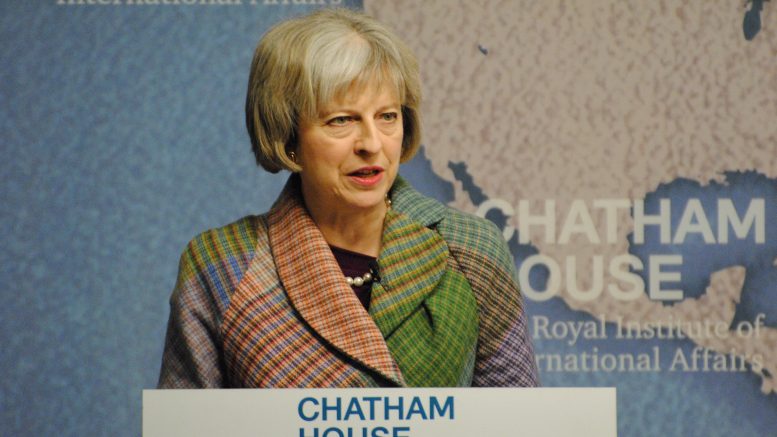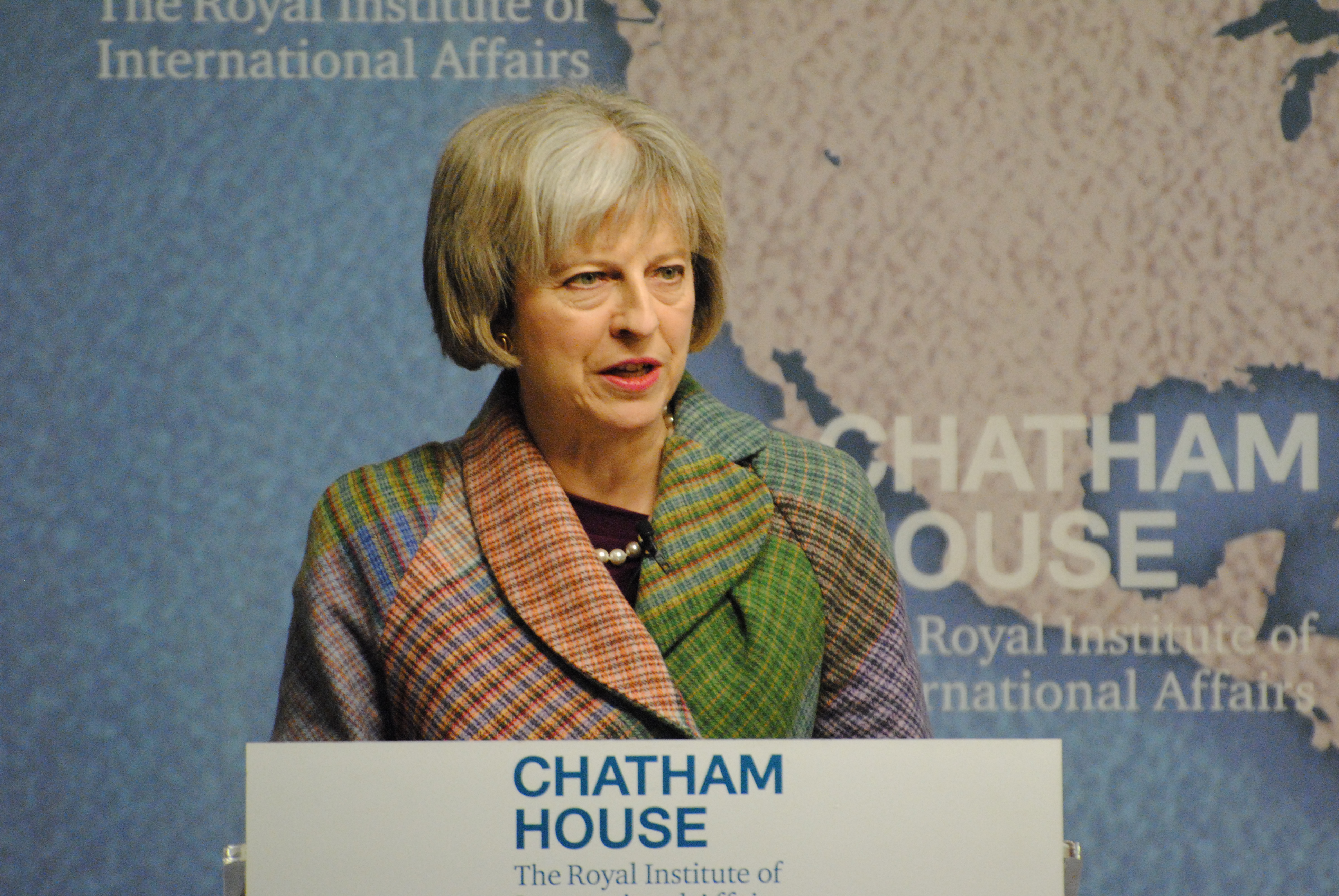Earlier last week, 40 MPs of the Conservative party released a letter stating ‘no confidence’ in Prime Minister Theresa May. May is also facing a popularity crisis outside the Parliament, showing that our political leaders can sometimes be not as sharp as we want them to be in handling a crisis.
The UK Prime Minister Theresa May has been under increasing pressure from members of her own party to toughen up on Brexit negotiations. So strong is the pressure that May has received a letter of ‘no confidence’ from her party, the Conservatives.
The letter comes only a month after a YouGov survey showed that May is three times less popular with Londoners than Labour leader Jeremy Corbyn.
The post-Brexit-vote UK is going through its worst political crisis since 1940. London in particular was left with a bitter feeling as 60% of the voters in the city wanted to remain the European Union.
Brexit talks have been taking place but very little has been decided on the future of Britain outside the EU and what’s next for Europeans living in the UK. The Parliament remains divided.
Despite May facing the task of heading an unpreceded case of a country exiting the EU, she is not standing alone in the line of unpopular leaders. Leaders around the world are growing to find that leading a nation is tough job.
Various circumstances are driving popularity rates down worldwide: serious humanitarian crises in Venezuela, corruption scandals in Brazil and South Africa and the rise of extreme right groups in the global North are shaking things up in the political sphere, with the result that leaders are not able to control everything – which leads to lowering popular approval.
https://www.canva.com/design/DACmo0ECVs4/view
infographic: Pamela Machado
Aggravating situations such as growth of nationalist sentiment in different parts of the world and religious extremism have been putting excessive pressure on national leaders.
“In such times of crisis, citizens look to their leaders. The public expects them to avert the threat or at least minimise the damage of the crisis at hand. They must explain what went wrong. They must adapt, change or abandon routine ways of operating where needed and create public confidence in the new status quo. They should work toward enhancing community resilience, preparing society for future shocks.” Danielle Lupton, a Colgate University political scientist who studies how leaders’ behavior affects foreign policy recently told the New York Times. “We keep ending up in this situation where we either idolize or demonize foreign leaders. “In political psychology there’s this notion of confirmation bias: that you have a predetermined belief about either an outcome or in this case whether a person is good or bad.”
“We’re always in search of the leader that we can rely on to be our partner so that we can just kind of sign off on that person and go back to worrying about other things,” said Elizabeth Saunders, a George Washington University political scientist who studies American foreign policy.
This story is not new. Many leaders have faced the same fate.
Harry Truman, US president from 1945 to 1953, started his term with approval ratings of almost 90% – a number that fell drastically to 22%, making him the most unpopular president in North American history.
And if the situation is not looking good for France’s Emmanuelle Macron, previous president François Hollande reached a 15% approval rate in 2013.
Peru’s president from 2001-2008 Alejandro Toledo, had a popular approval as low as 8% in 2004.
Voice of London has mapped out the most interesting cases of (un)popularity across the globe. Check it out
[googlemaps https://www.google.com/maps/d/u/0/embed?mid=1Z5iLihpSZYIpXu-XAlzX2_SijMiGI2cX&w=640&h=480]
Map: Pamela Machado
Words: Pamela Machado | Subbing: Silvia Tadiello


